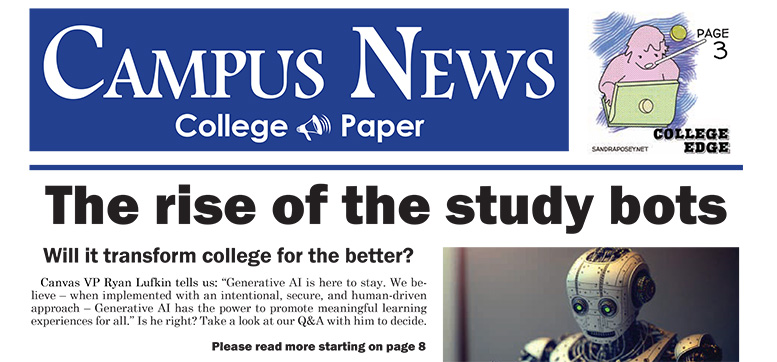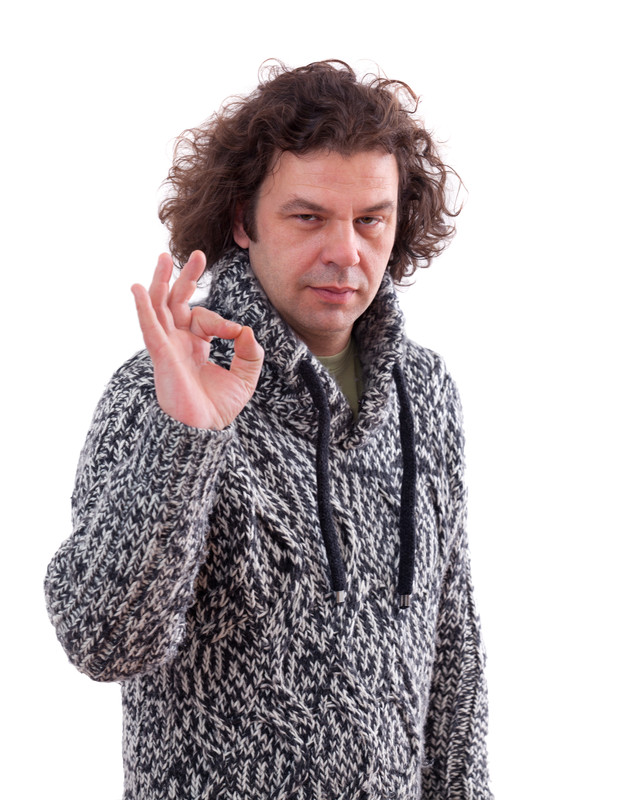By Ryan Walsh
Campus News
So you’re looking for an internship, but for one or more reasons, you are struggling. A LOT.
This is probably your first time applying for internships so you barely know what you’re doing, especially when it comes to resumes, cover letters, and interviews. Since you’re still a student, you have little to no experience in your field yet. While you watch your life gradually fall apart in front of your eyes, everyone around you seems to have their lives together. Because of this, you just keep pretending you’re not a complete mess with no future to make yourself feel better.
Literally, SAME.
Maybe I’m being a little dramatic, but these past few months I’ve still been nothing but a physical representation of the word “stress.” Now with all this pain and suffering I’ve endured, I’m here to make sure you have a hand to guide you through the process. Throughout my time internship hunting I’ve learned a thing or two, and if I can relax even just one overwhelmed college student, then I’ll be satisfied.
The first thing to remember is that you’re not alone. Everyone else around you is also stressed, constantly on the verge of a spontaneous mental breakdown, and disguising it from their peers just as you are. That’s totally normal. (Or at least you can just pretend it is for now, that’s how college works.) Here’s what you can do to get started:
Make A Good, No GREAT Resume
Having an awesome resume is not only the first step to scoring your internship, it’s also one of the most important steps. Your resume is your first impression to the person reading your application, so you have to make it stand out. How do you make it stand out? You are going to become the best resume-creating expert on campus.
Resumes are easy to build, making them unique is the challenge. If you’ve made it this far in the 21stcentury, you’re familiar with the internet and right now Google is your best friend. Search for resume templates, search for internship requirements, and become very well acquainted with everything you need to put together so you can start actually putting it together. Consider using a website such as Canva.com to build an eye-catching design.
Once you’re ready to start building your resume, you have to know what (and what not) to put on it.
You Have More Skills and Experience Than You Think
At first, I had no idea how my part-time job working at a grocery store could help me and my journalism degree get an internship in my field. Then I realized, even at a grocery store, I’ve strengthened my time-management and organizational skills, neither of which compare to the exceptional customer service skills I’ve developed (fancy adjectives look good on a resume too by the way, just don’t go crazy).
Don’t forget how much you’ve learned in the classroom as well. Most students are proficient with computer programs like Microsoft Office—that’s a skill. Have you ever done a group project? Add “cooperates well with others” to the list of skills on your resume. Are you better when you work by yourself? Add “works well independently.” Everyone has experience in something, you just have to think of creative ways to translate these skills onto your resume.
Get Involved
I know you’ve heard this a million and one times already, but you have to get out there and do things. Anything. Most people already have additional responsibilities outside of their classes, but I’m talking to YOU with all the free time that you spend hanging out with friends and sitting on your phone.
Student organizations, volunteer work, community clubs, part-time employment, sports—do as much as you can to separate yourself from the other candidates competing with you. Whatever additional activities you participate in are elements you can finesse into your resume. The busier you look, the better you look!
Cover Letter
In addition to the eye-candy you’re going to create with your resume, you have to put together an amazing cover letter to accompany it. Even if you aren’t required to send a cover letter, you’re sending one because I’m forcing you. Especially when you have minimal experience and you’re struggling with this whole process, your cover letter is where you can shine.
Many people make a universal cover letter and change the name to match each company they apply to, but I would avoid this method. Your cover letter should be full of specifics about the company you are applying to, and convincing the reader why you’re the best applicant for the job. Make sure both your resume and your cover letter are informative, but keep it simple. Nobody wants to read giant blobs of text that feel dragged on with unnecessary descriptions.
Look Everywhere
Attend career fairs and bring extra copies of your resume with you. Talk to your advisors; it’s their job to help you find an internship. Talk to your professors; many of them have full-time occupations outside of the classroom. Talk to your friends; they are all on the hunt just like you are. Talk to your family; you may come to find connections you didn’t even realize you had.
Also, remember that I said Google is your best friend. I’d never lie to you; the internet is an amazing tool that previous generations didn’t have. This is also a good technique for those looking into internships located back at home while you’re still away at college. You have the resources you need, you just have to utilize them.
APPLY! APPLY! APPLY!
Seriously, apply everywhere and apply ASAP. For your first internship, you don’t need to be super picky, you just want the experience. Besides, anything you do now is just another element to bump up your resume later. Don’t walk away from internships that are unpaid or don’t count for college credit. These jobs could potentially land you that full-time position you want to have when you graduate, so consider all of your options.
Whatever is holding you back from getting an internship, you can overcome it. How do I know? Because of the mess I was three months ago was able to figure it all out, then anyone can. Trust me, and GOOD LUCK!








Facebook Comments